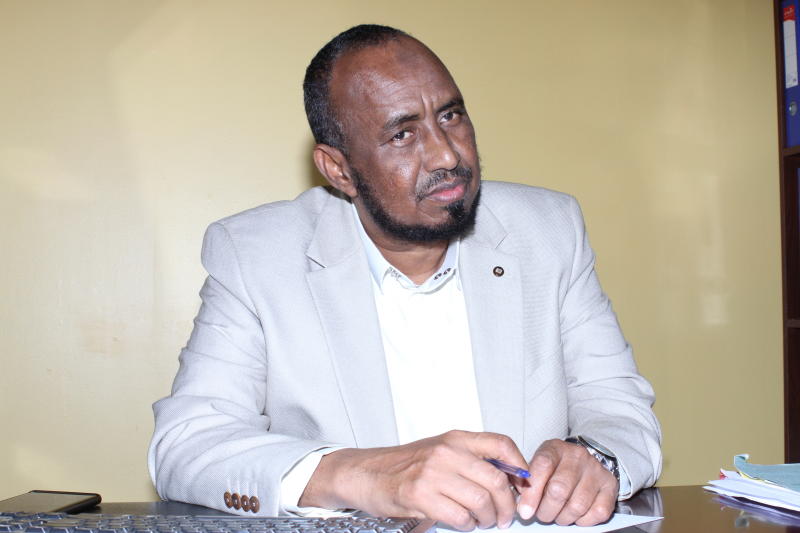×
The Standard e-Paper
Home To Bold Columnists

When Mohammed Osman realised the dearth of information suffered by pastoralist communities such as Somalis and Boranas, he decided to venture into media business. He burned with a desire to keep the communities informed about what was happening both locally and globally. In 2005, he started Star FM, a radio station based in Garissa, which today is thriving beyond his expectations.
Why, despite numerous challenges, did you chose to venture into the media business?







